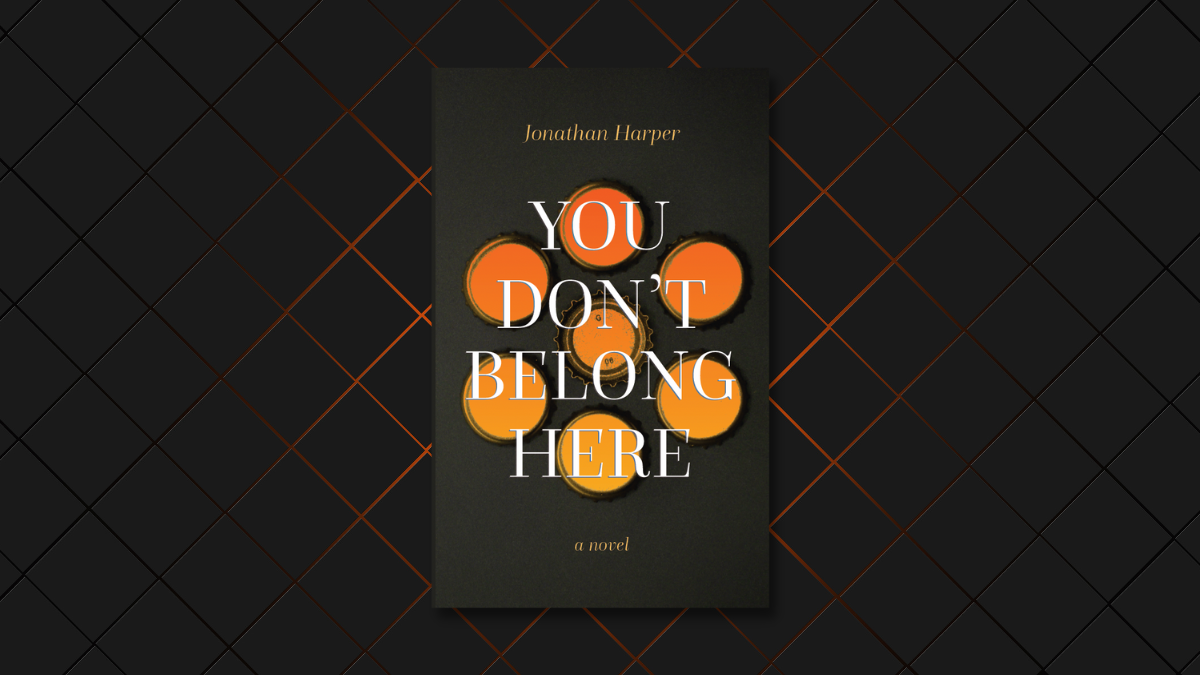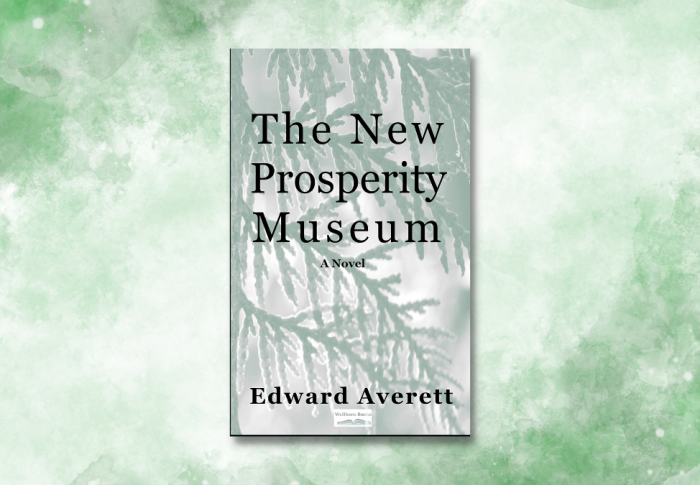
Jonathan Harper’s “You Don’t Belong Here”: A Captivating Exploration of Identity and Belonging

You Don’t Belong Here
by Jonathan Harper
Genre: Literary Fiction / LGBTQ
ISBN: 9781590215852
Print Length: 264 pages
Publisher: Lethe Press
This literary novel bursts at the seams with humanity.
Jonathan Harper’s novel, “You Don’t Belong Here,” delves into the themes of identity and belonging, centering around Morris, a wandering writer who becomes stranded in a small town in America after leaving an artists’ colony. Unexpectedly encountering a figure from his past, Morris finds himself entangled in a series of tragicomic events involving a power outage, a lost wallet, peculiar locals, and excessive alcohol consumption. Despite his longing to return home to Washington, D.C., Morris faces one obstacle after another, unable to escape the clutches of a place where he feels he does not belong.
Through Morris’s personal life, the novel explores his relationships with both men and women, highlighting the challenges faced by those identifying as LGBTQ+ in rural America. The town Morris finds himself in presents a paradox—a seemingly welcoming surface masking uncertainty and even danger underneath. In his quest for trust and acceptance, Morris discovers both acts of charity and moments of peril within a local pub. The sheriff, responsible for maintaining order, does so at a cost. Even a place known as the Oasis, designated by the local gay community, fails to live up to its name. Morris learns that he cannot find solace in any one place for too long; he yearns to trust but is cautious in doing so.
Harper’s strength lies in his stylistic approach, infusing scenes with tension and eloquence. The writing is rich in detail, skillfully evoking a strong sense of place. While the town remains unnamed, its character unfolds through vivid descriptions of specific locations and the inhabitants who occupy them. Reading “You Don’t Belong Here” is a deeply immersive sensory experience, a pleasure in itself.
“The streets were clogged with a parade of cars, in which ghost-faced children stared out the back windows, waving at no one in particular. The B&Bs had gone silent and dark and were shuttered as if abandoned. Even the trees were patchy with bright oranges and reds, a reminder that the promiscuity of summer had finally ended.”
Within this town resides Henry, Morris’s friend, who serves as a complex figure. Henry’s immature and distasteful qualities juxtapose his intriguing and sympathetic aspects. Having experienced both overt and implicit abuse in this place, Henry, like Morris, does not belong there but has nowhere else to go. He becomes a mirror and a cautionary tale for Morris—a reflection of the man Morris could become if he remains stagnant, a reminder of the life Morris could have had if he had chosen a different path. Although they spend more time apart than together, their relationship forms the heart of the novel, defined by thrills, restlessness, intimacy, and estrangement.
While Morris’s flaws may be more subtle than Henry’s, they are no less present. He lacks dedication to himself, his work, and his partner Yasmin back in D.C. His novel, the ostensible reason for his trip, is rarely mentioned. Morris is aware of this deficit, a disheartening reality. He manages to avoid becoming like Henry—desolate and destitute—but has not developed much further himself. The contradictions within Morris’s character make him a fascinating subject for exploration.
“He wanted to tell Henry about his life, to wallow in that painful nostalgia for those nights when they had loitered in cafes for endless hours, talking about anything and everything. He wanted to feel sentimental and for it to hurt, if not emotionally scar, one of them or both. ‘I’ve missed you,’ he said aloud. ‘Even if you were an asshole.'”
Harper presents fully realized, well-drawn characters, particularly in the dynamic duo at the story’s core. “You Don’t Belong Here” is replete with humanity, beautifully written on every page. With a strong pace and character development, the novel masterfully depicts lost souls yearning to break free in order to find their way home. Jonathan Harper’s work serves as a captivating exploration of identity and belonging, leaving readers with a profound understanding of the complexities inherent in these themes.






